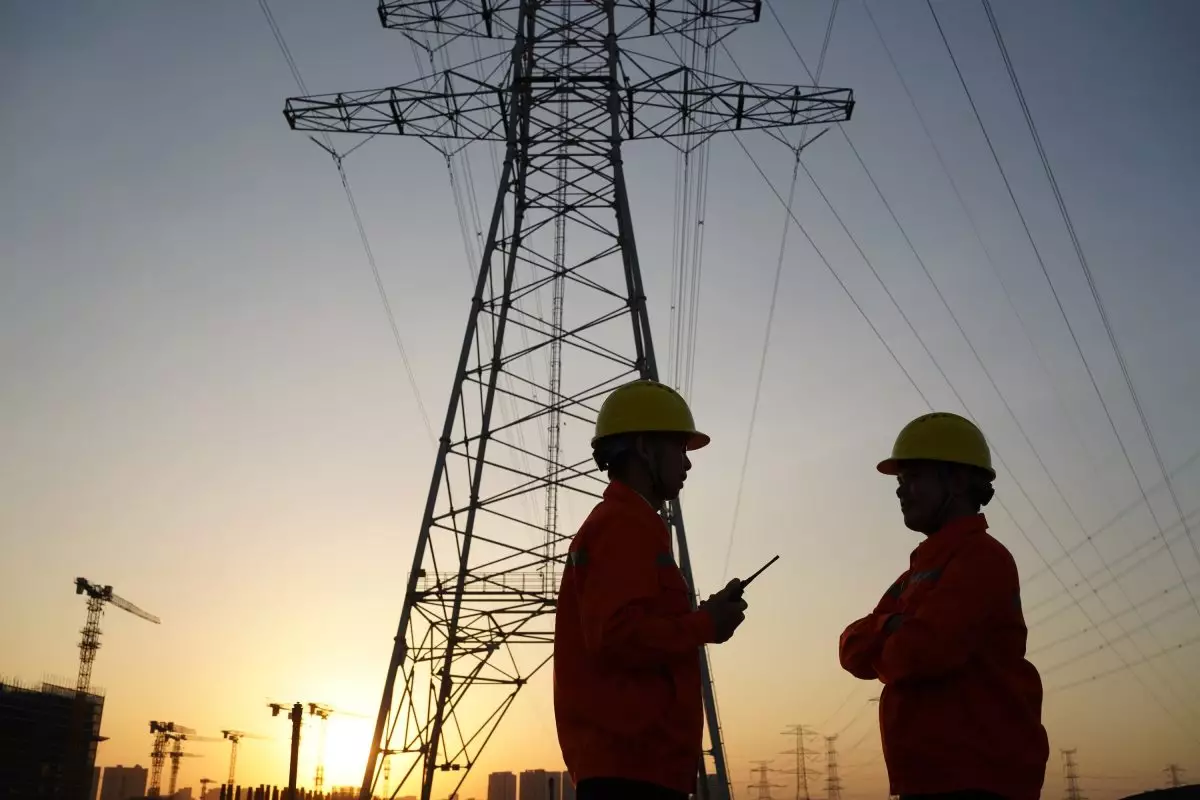In a significant push towards sustainable energy, Google has made headlines by entering a partnership with the innovative startup Kairos Power to develop a series of small modular nuclear reactors (SMRs). This venture is poised to deliver around 500 megawatts of carbon-free electricity to fuel Google’s data centers, a move that is particularly exciting given the escalating energy demands driven by the growing requirements of artificial intelligence (AI) and expansive data processing. Scheduled to come online by the end of the decade, this initiative marks a notable shift in how large tech companies are opting for solutions that not only support their operations but also align with their sustainability goals.
As the appetite for data increases—thanks to advancements in AI, cloud computing, and other digital services—the energy consumption patterns of major tech firms have come under scrutiny. Data centers are infamously energy-intensive, raising concerns about their environmental impact, particularly in an era where more attention is being paid to carbon emissions and climate change. By leveraging nuclear energy, Google is attempting to respond to both its growing power needs and its commitment to reducing its carbon footprint. While the specific mechanics of how the energy will be integrated into Google’s operations remain somewhat ambiguous, the initiative is decidedly a step toward a greener future.
What makes this agreement particularly noteworthy is that Google is not operating in isolation. It joins other tech giants such as Microsoft and Amazon in exploring nuclear options. Microsoft, for example, has moved to restart a dormant reactor in Pennsylvania as part of its energy strategy. This collaborative move toward utilizing nuclear energy underscores an important trend: the convergence of technology and energy sectors in pursuit of scalable, clean solutions.
Kairos Power is part of an emerging wave of nuclear startups focusing on SMRs. These reactors aim to reduce both the time and cost associated with traditional nuclear power plants, which are often large-scale ventures requiring years of planning and construction. The traditional model is fraught with issues, exemplified by the delayed Vogtle Units in Georgia, which saw extensive budget overruns and construction challenges. SMRs, on the other hand, promise to streamline the process through mass production techniques, creating a more agile response to energy demands.
To further distinguish itself, Kairos Power is pursuing a unique molten salt cooling approach rather than the conventional water-cooled mechanism. This innovative design has garnered regulatory approval for a demonstration reactor, an essential milestone that signals both a commitment to technological advancement and the potential for commercialization of small modular reactors. Despite these promising developments, it is important to note that no commercial SMRs have been operationalized yet, thus leaving the economic viability of such projects up in the air.
Public Perception and Challenges Ahead
Despite the promising landscape for SMRs, Kairos Power faces significant barriers. Public sentiment is a complicated and often polarized issue for nuclear energy. While a significant segment of the population expresses support—56% favoring nuclear power per Pew Research—there remains a substantial faction that is wary, with 44% opposing it. This resistance may not only persist but could intensify when specific reactor sites are proposed. The nuances of public perception indicate that while people may generally support nuclear expansion, that support wanes significantly when it comes to local implementations.
Moreover, while nuclear power is gaining traction among some groups, renewable alternatives such as wind and solar continue to enjoy broader acceptance and feasibility. These technologies offer immediate, tangible benefits that are often more cost-effective than the establishment of new nuclear plants. Google’s foray into nuclear should, therefore, not only be viewed through the lens of cutting-edge technology but also in consideration of the broader renewable energy landscape.
Google’s partnership with Kairos Power signals an ambitious and potentially transformative step in the realm of sustainable energy production. While the planned small modular reactors represent an innovative approach to meeting the power demands of the future—one that is sustainable and reduces carbon emissions—significant challenges remain. Public perception, regulatory hurdles, and competition from renewable resources will need to be navigated as the project moves forward. Ultimately, the success of this initiative could have far-reaching implications for the relationship between technology firms and the energy sector, setting a new precedent for how large-scale enterprises can contribute to a greener world.

